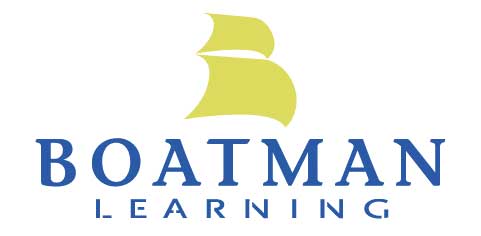Knowing how to partner effectively with Sales Enablement may be the key to unlocking breakthrough sales team performance.
In the most positive connotation of the word, to “enable” means to make possible, to aid, to assist, to support, and to facilitate. Typically, we think of enabling others, but in this post, I will place more emphasis on what it means to enable oneself to develop others.
In the modern era of selling, we tend to think of enablement as a function, typically served by learning and development, sales operations, sales support, and technology professionals. More mature selling organizations and large corporate sales forces tend to have large, robust, and assertive sales enablement functions, and less mature selling organizations and smaller businesses might have a lone sales enabler with titles ranging from sales trainer to sales operations leader or even VP of Sales. Making the distinction between titles is less important than understanding what people who serve in enablement roles really do on a regular basis.
- They aid sales leaders with the tools, technology, and process that are most appropriate for their sale.
- They assist sales leaders and sellers as they execute sales process, methods, and specific skills.
- They provide training and relevant content to sellers and sales leaders to advance the learning and capability of every corner of the sales organization.
- They enable the right behavior.
The reality is even in the most mature, well-staffed sales enablement organizations, the sales enablers span-of-support is so wide that it is difficult to provide a highly tailored level of support to each and every member of the sales organization. The largest sales enablement organization that we’ve worked had more than fifty people in it, with enablement professionals strewn all over the globe. The organization they supported had more than 2,000 sellers globally, so their span-of-support was roughly one enabler to every forty or so sellers. In smaller or less mature selling organizations, you might find one enablement professional supporting sales teams numbering in the dozens. The span-of-support in these smaller firms is roughly as challenging as you would find even in very large, mature sales organizations.
What’s the point of all this?
Whether you are a sales manager for a large, mature sales organization or for a relatively small or less mature sales organization, you will never get enough support specifically tailored to your individual needs from an enablement professional. It just isn’t possible because of the span-of-support issue we just highlighted. If you really want to grow as a leader of sellers, you must have a plan and a disciplined approach to enabling yourself. Taking responsibility for your own enablement can only enhance and not detract from whatever support you will receive from your partner(s) in sales enablement.

